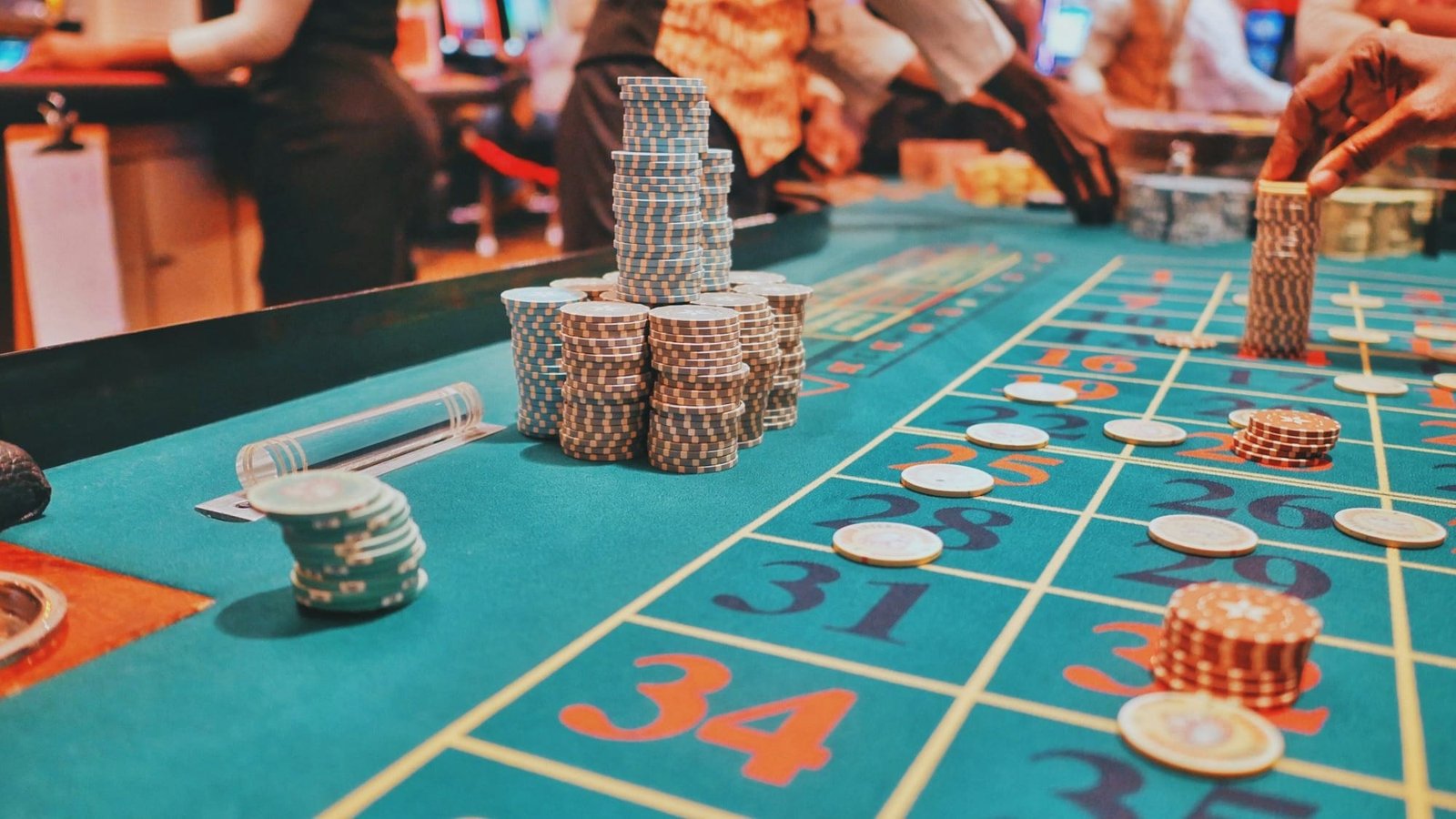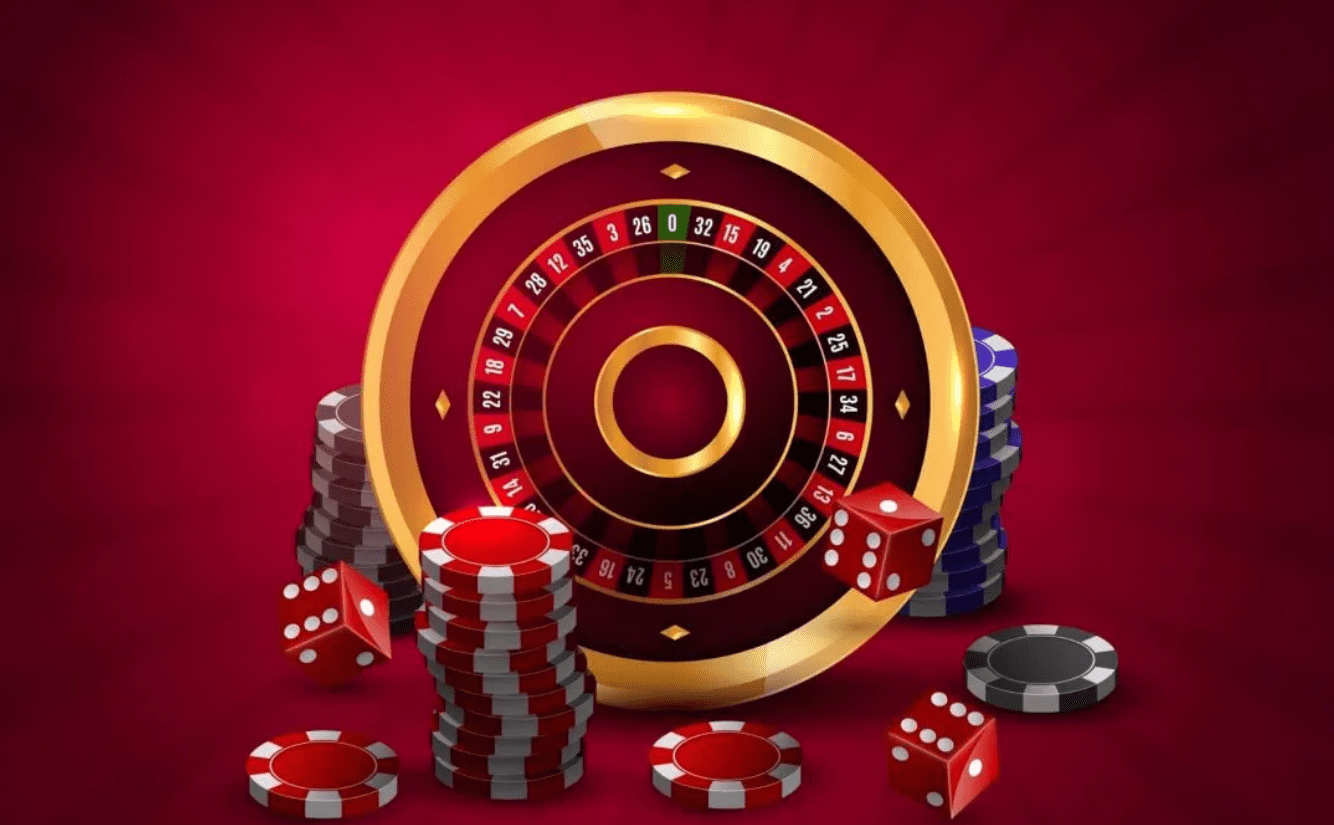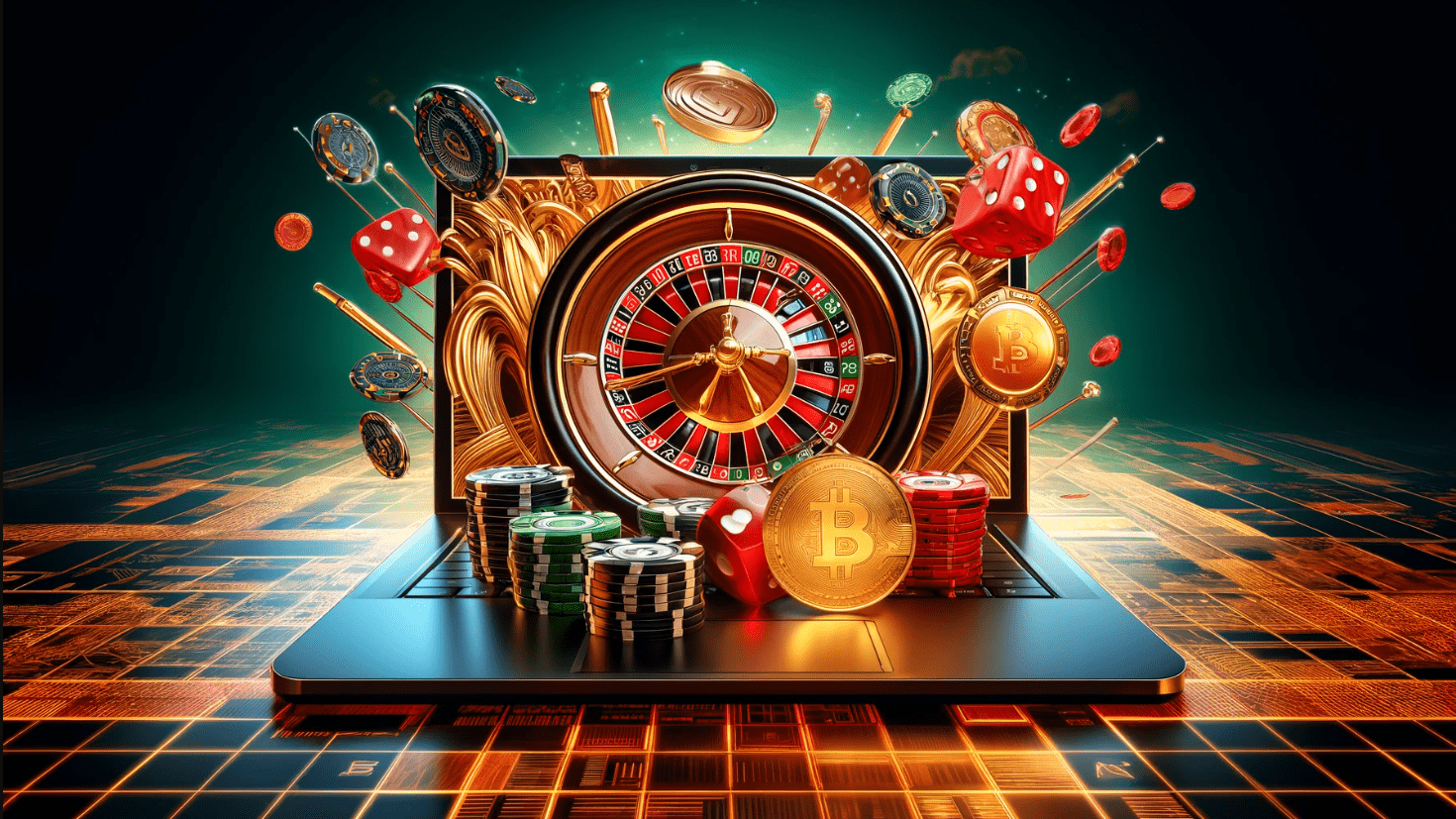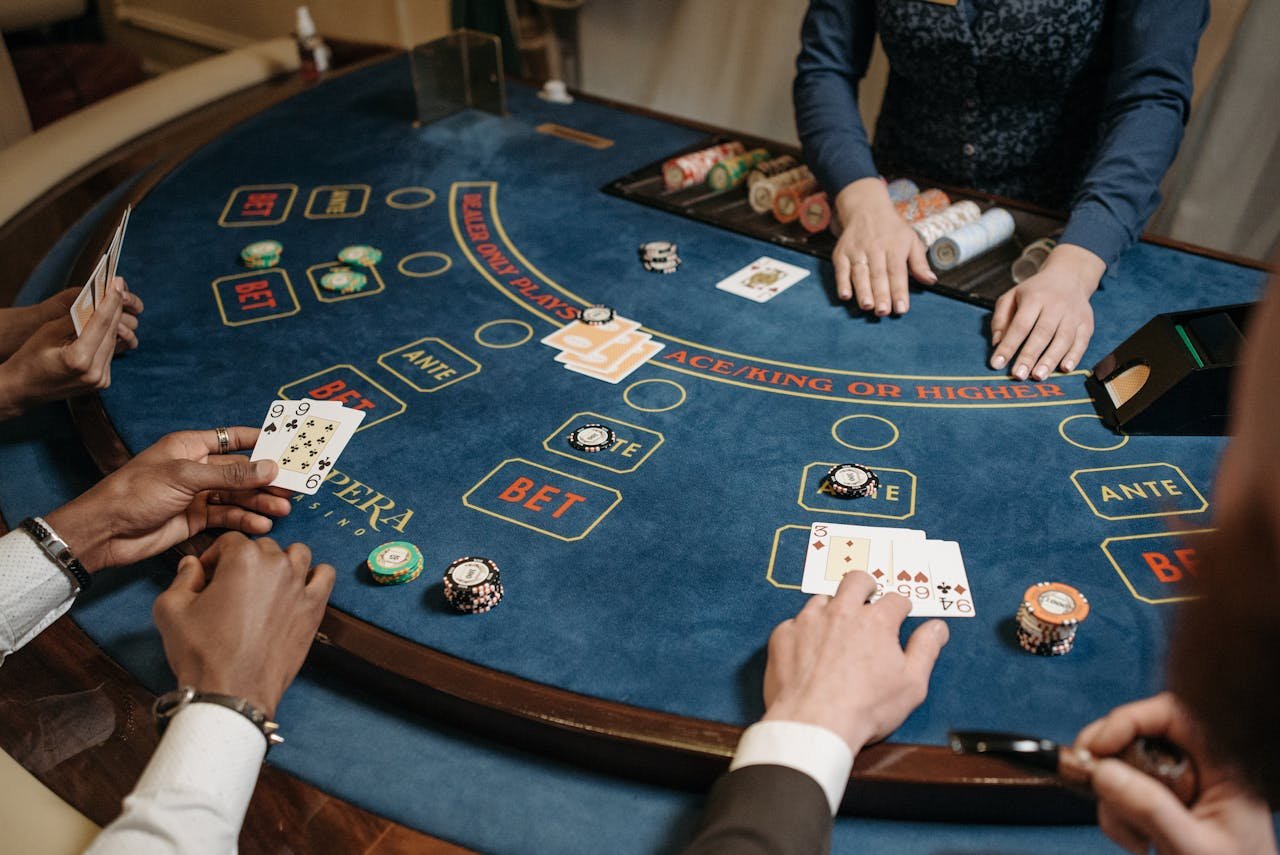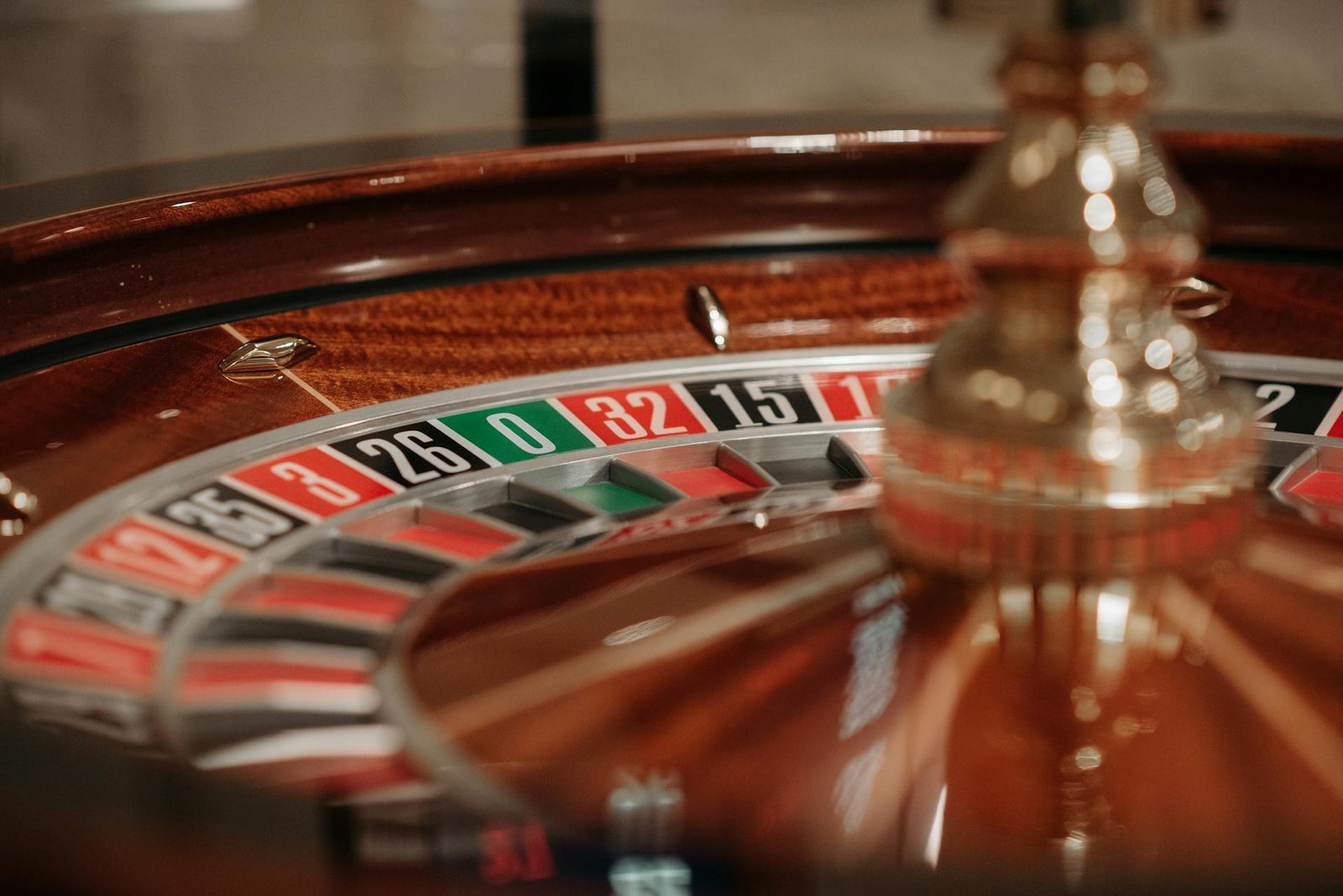Why Poker Isn’t Gambling? The Truth Will Shock You!
Poker isn’t gambling because it relies heavily on skill and strategy, not just luck. Players can influence the outcome
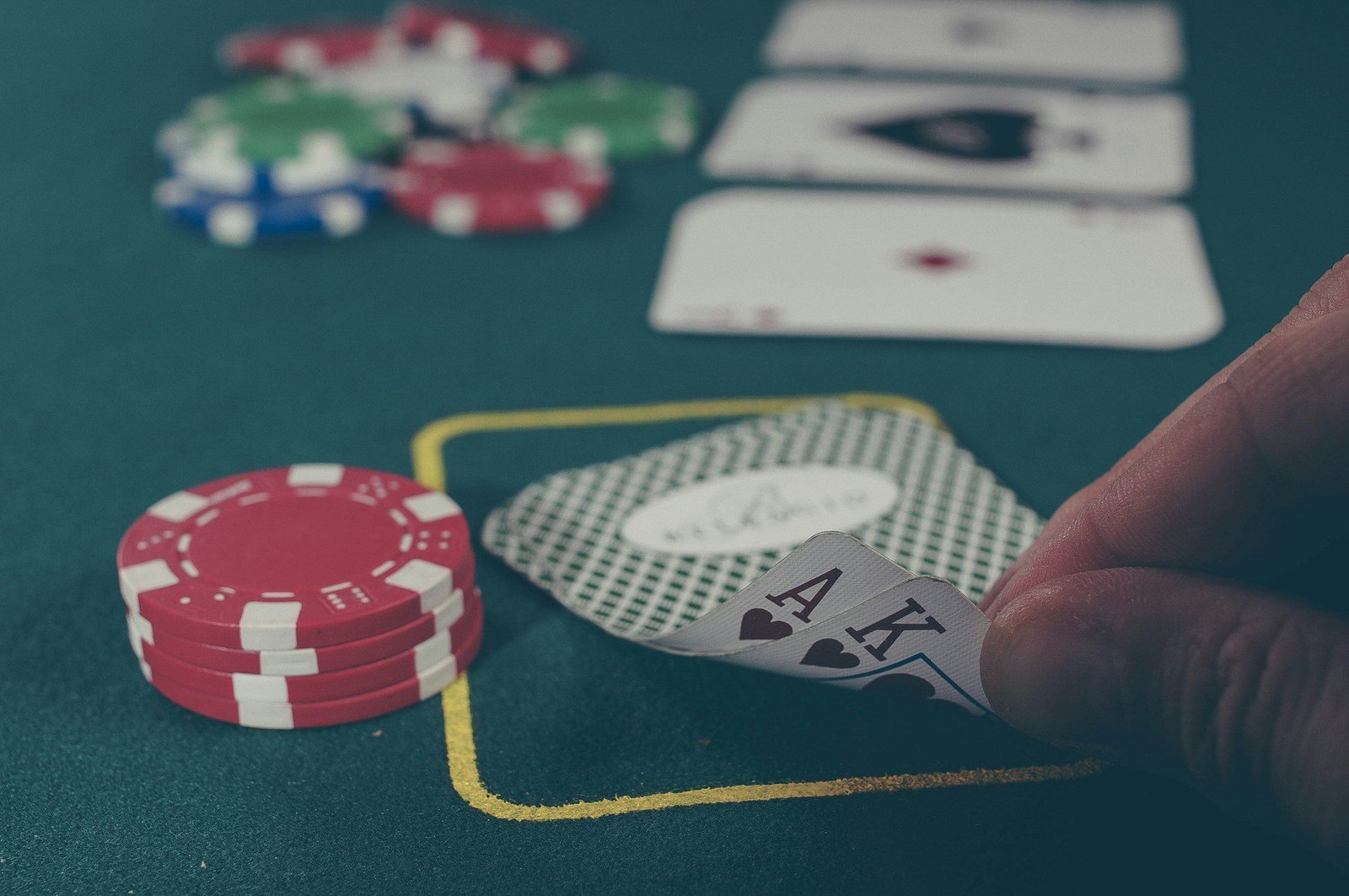
Poker isn’t gambling because it relies heavily on skill and strategy, not just luck. Players can influence the outcome through decisions.
Poker is often misunderstood as a mere game of chance. Unlike traditional gambling, poker requires players to use strategic thinking and psychological insights. Successful players study probabilities, read opponents, and make calculated moves. This skill-based nature differentiates poker from games where luck is the primary factor.
Over time, a skilled poker player can consistently win, while pure luck-based games lack this predictability. Understanding poker’s strategic elements can help dispel the myth that it is just another form of gambling. This distinction makes poker a unique and intellectually challenging game.
Skill Vs Chance
Many think poker is just gambling. But poker is more about skill than chance. Poker needs strategy, decision-making, and understanding your opponents. Unlike games of pure luck, poker rewards skillful play. This makes poker a game of skill.
Role Of Strategy
In poker, strategy is crucial. Players must plan their moves. They need to decide when to bet, fold, or raise. Good players know how to read their opponents. They use strategies to win more hands. This shows the importance of skill in poker.
Decision-making Impact
Every poker hand requires decisions. Players must choose the best actions. These choices impact the game’s outcome. Good decisions come from experience and skill. A skilled player can turn a bad hand into a winning one. This demonstrates the role of skill in poker.
| Aspect | Skill-Based | Chance-Based |
|---|---|---|
| Winning Frequency | Higher with Skill | Random |
| Decision Impact | Critical | Minimal |
| Player Control | High | Low |
- Read opponents
- Plan moves
- Make smart decisions
These factors show why poker is a game of skill. Players use their minds to win. This sets poker apart from gambling games.

Psychological Aspects
Many people think poker is gambling. But it’s more about skill and psychology. Understanding your opponents and using strategic moves can lead to success.
Reading Opponents
Reading opponents is key in poker. Players observe actions and reactions. They look for signs or “tells”. These tells can be body language or betting patterns. Spotting these clues helps predict the opponent’s next move.
Successful players stay focused. They analyze each move. This analysis helps them stay ahead in the game.
Bluffing Techniques
Bluffing is a vital strategy in poker. It involves misleading your opponents. Players make their opponents believe they have a better or worse hand.
There are different types of bluffs:
- Pure Bluff: Betting or raising with a weak hand.
- Semi-Bluff: Betting with a weak hand that could improve.
- Stone-Cold Bluff: Betting aggressively with no chance of winning.
Bluffing requires confidence and timing. The best bluffs are believable. They make opponents fold better hands.
Mathematical Foundations
Poker stands out from other games due to its mathematical roots. Unlike traditional gambling, poker relies heavily on mathematical foundations that give skilled players an edge. Let’s dive into the core mathematical concepts that differentiate poker from gambling.
Probability Analysis
Probability analysis in poker is crucial. Players calculate the odds of different hands. For example, the odds of being dealt a pair are roughly 6%. Understanding these probabilities helps players make informed decisions.
- Hand Odds: The likelihood of specific hands appearing.
- Pot Odds: The ratio of the current size of the pot to the cost of a contemplated call.
- Implied Odds: The potential future payoff if the hand improves.
Skilled players use these calculations to decide the best course of action. This moves poker away from pure chance.
Expected Value
Expected Value (EV) is another key concept. It helps predict the long-term outcome of a particular move. EV is the average amount a player expects to win or lose per bet.
For instance, if a player bets $10 with a 30% chance of winning $50 and a 70% chance of losing $10, the EV is calculated as follows:
EV = (0.3 $50) + (0.7 -$10) EV = $15 - $7 EV = $8
In this scenario, the player expects to gain $8 on average. This shows how poker rewards strategic thinking and analysis over time.
By mastering Probability Analysis and Expected Value, players can consistently outperform less skilled opponents. This mathematical edge is what separates poker from typical gambling.

Professional Poker
Professional poker stands apart from gambling. It relies on skill, strategy, and experience. Players must master various techniques and read their opponents. This section explores how professional poker operates.
Tournament Play
Poker tournaments offer a structured environment for players. They compete for significant prizes. Unlike casino games, players face each other, not the house. This eliminates the house edge. Strategies play a crucial role in winning. Players must manage their chips wisely and make calculated moves.
Tournaments often have different formats. Some popular formats include:
- Freezeout
- Rebuy
- Satellite
- Knockout
Each format requires specific strategies. Mastering these can lead to success.
Career Paths
Professional poker offers diverse career paths. Many players start as amateurs. They gradually build their skills and reputation. Some popular career paths include:
- Live tournament players
- Online poker players
- Poker coaches
- Poker streamers
Each path demands dedication and hard work. Successful players often engage in continuous learning. They study game theory, analyze their plays, and adapt to new trends.
Moreover, many professionals leverage their fame. They create content, write books, or endorse brands. This helps them diversify their income streams. It also establishes them as authorities in the poker world.
Legal Distinctions
Many believe poker is just another form of gambling. However, legal distinctions suggest otherwise. Several regulatory and judicial elements highlight why poker is different.
Regulatory Differences
Most gambling activities fall under strict regulations. These include slot machines, roulette, and other casino games. But poker holds a unique position.
Regulation:
- Gambling activities often require special licenses.
- Poker rooms, on the other hand, may only need a general business license.
State Laws:
- Some states classify poker as a game of skill.
- These states allow poker games where other gambling activities are banned.
Court Rulings
Court rulings have also clarified poker’s legal status. Various cases have set precedents.
Key Cases:
| Case Name | Year | Outcome |
|---|---|---|
| United States v. DiCristina | 2012 | Poker is a game of skill |
| Chao v. State | 2008 | Poker is not gambling |
These rulings show a clear legal distinction. Courts recognize poker’s skill-based nature.
Frequently Asked Questions
Why Isn’t Poker Gambling?
Poker isn’t gambling because it involves skill, strategy, and decision-making. Unlike pure chance games, players influence outcomes.
Is Poker Considered As Gambling?
Yes, poker is considered gambling. It involves betting and has elements of both skill and chance.
How Do You Explain That Poker Is Not Gambling?
Poker involves skill, strategy, and decision-making. Players rely on knowledge and experience. Unlike pure chance games, poker’s outcome depends on player actions.
Is A Poker Run Considered Gambling?
A poker run is not always considered gambling. It depends on the state laws and regulations governing the event.
Conclusion
Poker stands apart from gambling due to its reliance on skill, strategy, and psychology. Players improve through practice and experience. Unlike games of chance, poker rewards thoughtful decisions and calculated risks. Embrace the challenge, sharpen your skills, and enjoy the strategic depth that poker offers.


